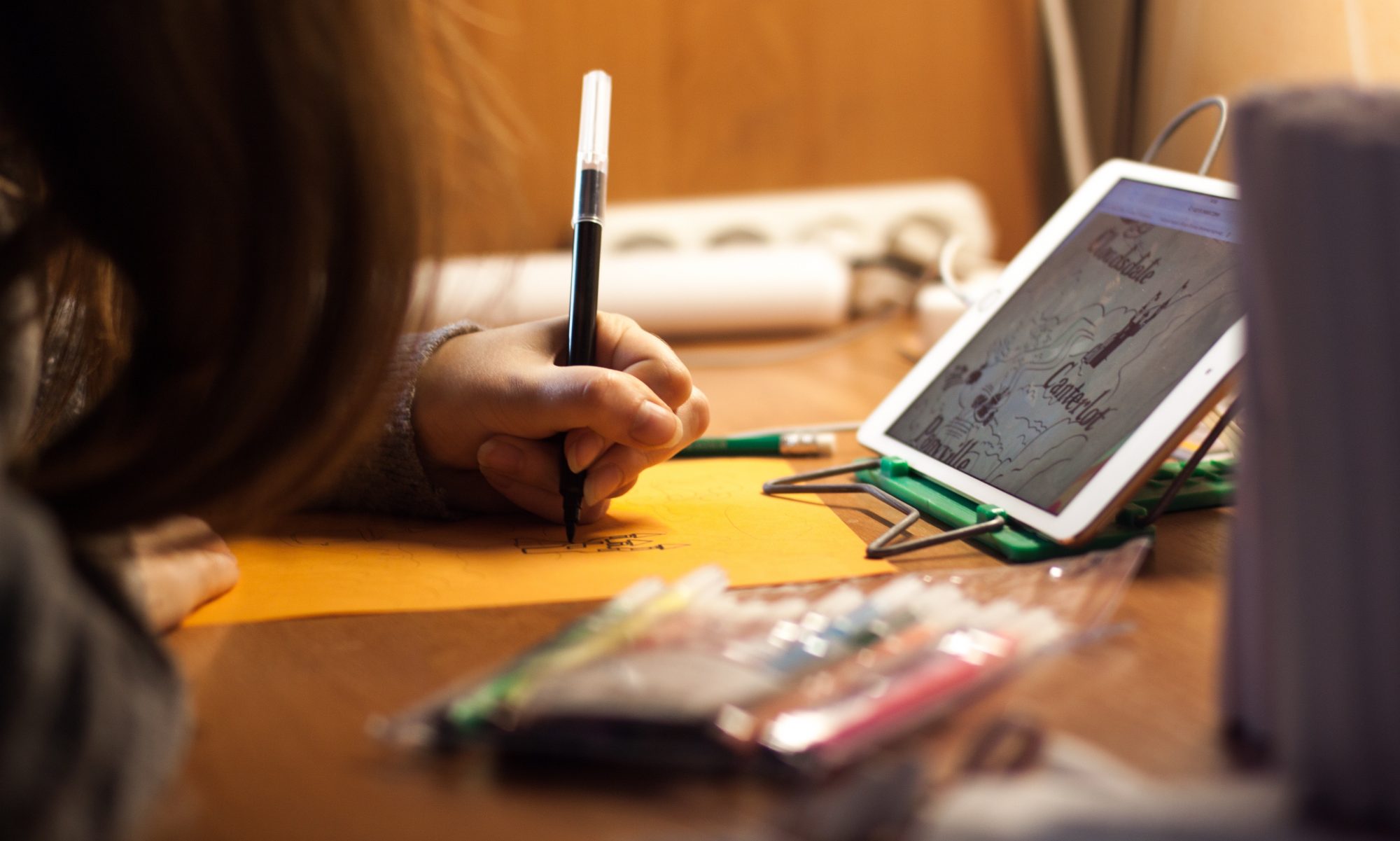As an educator, aunt, elder cousin, and caring adult, I cannot ignore the substantial amount of negative news stories and media stereotypes about people of color, individuals from other countries, those of varying abilities, and persons of different orientations or the lack of representation of diverse groups. This is an issue that stems from historical and social factors that are layered and complex. While I can speak on behalf of an American experience, I wonder if this also occurrences in countries – that is, if people who are of the non-majority experience disproportional negative representation, stereotypes, or negation in the news and media.
This reflection provokes me to ponder about the impact of media on me, my early childhood colleagues, and parents of young children since we are global citizens and multicultural educators. Some questions I ask are:
- How does viewing of certain types of media content impact how we work with young children or the relationship we build with our own children?
- Do we reinforce negative perceptions or neglect certain children unconsciously or consciously based on their culture or ability? If so, how?
- Does our relationship with media affect how we see a new families, new community members, or new colleagues?
- If the media does impact us, do we own up to this and find a way to constructively address these thoughts and feelings or do we pretend it has not affect us at all?
These are tough questions that we may be hesitant to answer honestly. I cannot say that I have the answers to all these questions nor am immune to media’s representations and stereotypes. However, I can say that due to personal and professional experiences and knowledge, I am sensitive and aware of potential misleading impressions. Due to the potential of false impressions, it important that we commit to building our digital media literacy, broaden sources to enhance our knowledge base, and create authentic relationships with others.
In many of my posts, I have stressed that multicultural education and global citizenship starts with us, the early childhood professional and parent. Our relationship with media has to be one that is critical, evaluative, and vetted through multiple sources to get a “whole story”. One of the greatest parts of living in the digital age is our access to all types of information from multiple tools. We can obtain information from sources at any time about any subject. By building our competency with digital sources and media, it will make it easier to understand why it’s important to have digital media literacy skills in early childhood. This will enhance our ability to give students and children opportunities to build these skills so they can learn how to digital media literate.
Along with building digital media literacy, we need to create ways to expand our knowledge base of different people, cultures, abilities, and backgrounds. This can expand beyond traditional and digital resources to include watching documentaries, becoming members of an online or in-person groups on specific topics, getting to know locals in another state or country, and learning more about our own community members. There are also resources for us to use to connect to others in real-time, such as social media and online communities for parents and teachers.
Whether we’re choose to expand our knowledge through communities or making connections with other colleagues or parents, it’s important that we make authenticity key. With these relationships, we should be able to get to know people as other human beings and be aware of any stereotypes or biases we may. I have had conversations with other early childhood colleagues, friends, and family members, and find that these dialogues build my critical critique of media and reinforce reflection as a part of my daily practice. Discussing and sharing our stories with media and technology creates an opportunity for us to learn from each other and establish a community, where we can grow and learn together. We can ask questions, like the ones listed above, and expect truthful feedback that will improve our parenting and practice so that we become better global citizens.
News stories and media depictions have the potential to impact our interactions with children, families, early childhood professionals, community members, etc. We have to be aware of these potentials so we can find constructive solutions to these biases and build our digital media literacy. I’m curious to hear from you to learn your perspective on this topic and your experiences with media. Share your stories and if you’ve discovered strategies for overcoming these challenges.

One Reply to “”